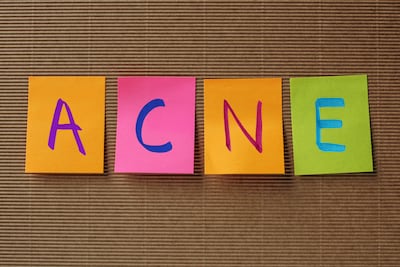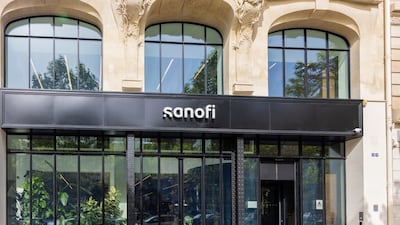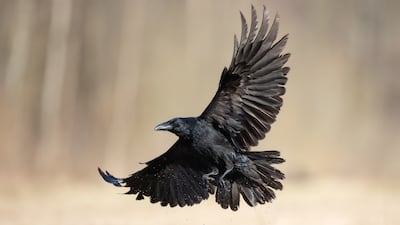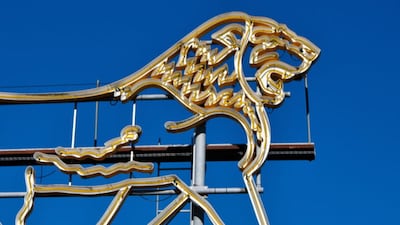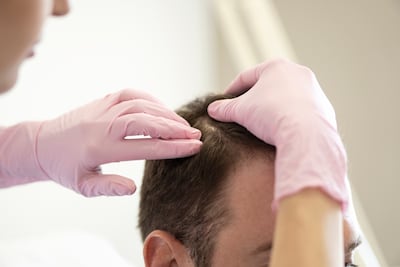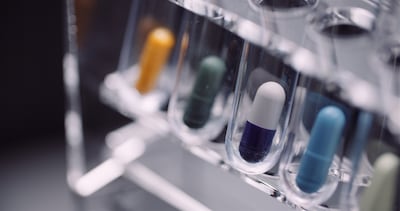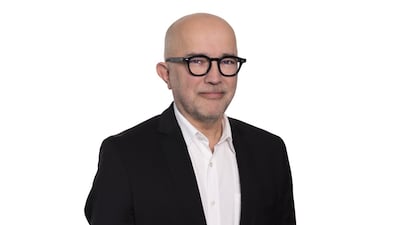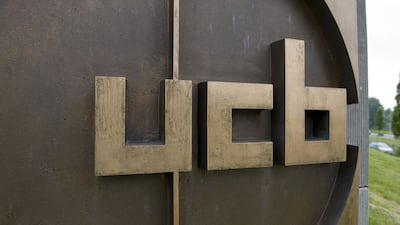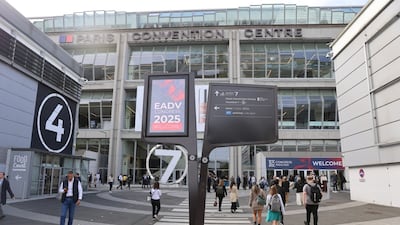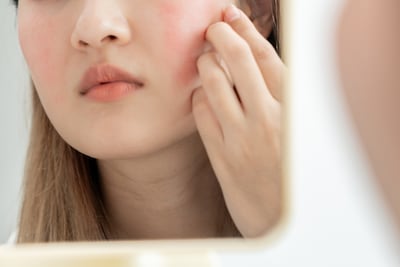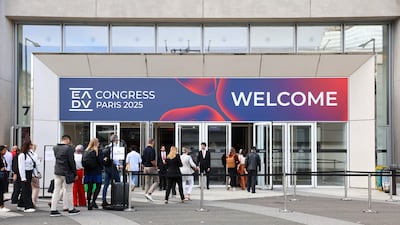Dermatological
Following the recent acceptance of a China NDA for first-in-class drug denifanstat for acne in China, Ascletis has announced positive topline results from an open-label Phase III trial focusing on the product’s long-term safety.
The Paris-headquartered giant has heralded data from two new Phase III trials of the anti-OX40L antibody but there are still concerns over its level of efficacy.
The US biotech has upsized its public offering to $175m after the success of soquelitinib in a very early trial for atopic dermatitis.
The inflammatory skin disease typically affects the anogenital area and the Denmark-headquartered firm has started a Phase III trial evaluating its chronic hand eczema in that space.
The Swiss biotech’s shares jumped by 27% after the US agency said another trial was not needed to submit sonelokimab.
The San Francisco, CA-based firm looks to keep its pipeline-in-a-product hopes alive for rezpeg with alopecia areata push.
The deal, which could be worth as much as $1.7bn, looks to use Relation's AI capabilities to power the discovery of potentially first-in-class immuno-dermatology targets.
CEO Christophe Bourdon tells Scrip that the phone is ringing as the Danish drugmaker aims to become ‘the go-to partner for anything in dermatology.’
Sales of Zoryve comfortably exceeded consensus in the third quarter and both the foam and cream formulations are selling well across its dermatological indications.
More deals could be on the way as the US giant is rumored to be eyeing the acquisition of its icotrokinra development partner.
The US biotech has raised $300m to advance its atopic dermatitis candidate towards Phase III trials next year.
The Swiss group is more than holding its own against Dupixent for prurigo nodularis and is looking to make further inroads into Sanofi and Regeneron's blockbuster's market share in atopic dermatitis.
The Swiss major's oral BTK inhibitor gets the green light in the US for chronic spontaneous urticaria.
The Swiss company remains bullish about the drug’s prospects for hidradenitis suppurativa but its stock has collapsed by 90% after hit-and-miss Phase III trial results.
The Belgium-based group has collected heaps of long-term efficacy and safety data which will help stave off the competition.
Its Phase III data compare favorably with same-class Cosentyx and Bimzelx in hidradenitis suppurativa, and the company is now seeking a partner.
Ascletis presented updated results at EADV showing denifanstat could significantly improve acne conditions versus placebo in Chinese patients after four weeks of treatment.
CSO Jacob Thyssen tells Scrip that the monoclonal antibody which blocks the IL-22RA1 receptor subunit is a very safe and effective option to treat the chronic inflammatory skin disease.
With patent expiry for its blockbuster blood cancer drug Jakafi on the horizon, Incyte will need to translate these povorcitinib wins from clinic to market.
The dual TNFα/OX40L drug comfortably beat placebo in reducing symptoms of hidradenitis suppurativa but no news on Phase III plans yet.

